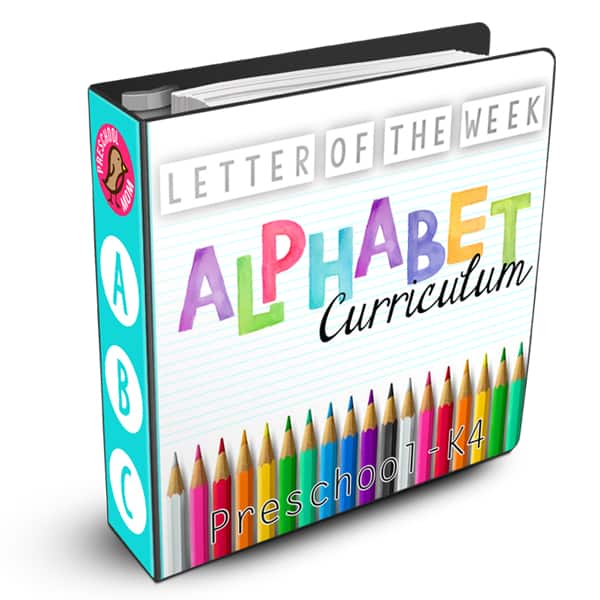Summer Homeschool Options
Posted by admin on
Summer is here and school is ending. What are you doing this summer? Should you take the summer off or continue school through the fall? These are questions every homeschool mom asks. After working so hard all year, you might want to just kick back and relax. On the other hand, you don’t want your children to suffer from the infamous “summer slide.” Summer homeschool has many advantages and options. Let’s look at the pros, cons, and opportunities of homeschooling through summer.

Homeschooling During the Summer
If you are wrestling with deciding if you should do summer school or not, you are not alone. In fact, most homeschool families consider this question every year. For some students, summer school is very important. It helps them retain the skills learned over the year and bolster reading and math before the next year begins. Summer school can also give children the opportunity to learn some different skills, such as coding, or a second language. So, working through the summer has advantages. Students who struggle in math or reading, may need continued practice. On the other hand, students may want to learn something that is difficult to fit into their already busy day during the year. Either situation is a perfect reason to do homeschool summer school.
When is Homeschooling through the Summer not a Good Idea?
Homeschooling year round has many advantages. However, children still need to be children. After a long year, everyone needs some down time. Usually, mom could use a break as well. Homeschooling all year can be very stressful. We want our children to succeed and excel. However, we don’t want that to happen at the cost of their happiness. Likewise, you will need time to plan for next year and catch your breath. So, if you are very overwhelmed right now or burned out, you might want to skip homeschooling through the summer. You could always start next year early or do a mid-summer skills boost. Also, typical summer activities such as swimming, biking, and playing outside for hours do boost skills and brain power.
Summer School Options for Homeschoolers

There are so many options when it comes to homeschooling summer school. You can use a pre-built program or design your own. In addition, several platforms offer online summer school. Also, there may be local in-person options such as skills based programs and summer camps. If you are going to design your own, focus on one or two skills. Summer school should always be a lighter load that is highly focused. Phonics, reading, math, writing, and electives are the typical subjects covered over the summer. In addition, unit studies make a perfect option for summer school.
Do it Yourself Summer School
Perhaps you only want to focus on skills for an hour each day. Or, you may not want to invest in another program. Either way, putting together a summer school program for your kids is easy. Which subjects or topics do you want to cover? Decide how long you want to spend on summer school each day/week. Then, pick printables, games, and manipulatives to teach or reinforce the subjects chose. Here are some ideas to get you started:
- Handwriting printables
-
Phonics worksheets
-
Educational games
-
Math flashcards
-
Audiobooks
- Geography workbooks
- Review packets
- Sight word practice
- Bible verse memory tools
- Educational apps
-
Youtube channels
-
Library Books

Online Summer School Options
There are also many online options. Some are short classes, while others are full programs. When choosing a program, make sure it is something you can reasonably do. If you want to do a stand alone course, shoot for 8 weeks or less for length. Here are some online opportunities for homeschools this summer:
Connections Academy Online Summer School
Time 4 Learning Summer Learning Curriculum
Bridgeway Academy Summer School
American Academy National Home School Summer Homeschool Programs
How to Code: Computer Science Concepts and Python Exercises
The Power of Mathmatical Visualization
Online coding courses (free trial)

